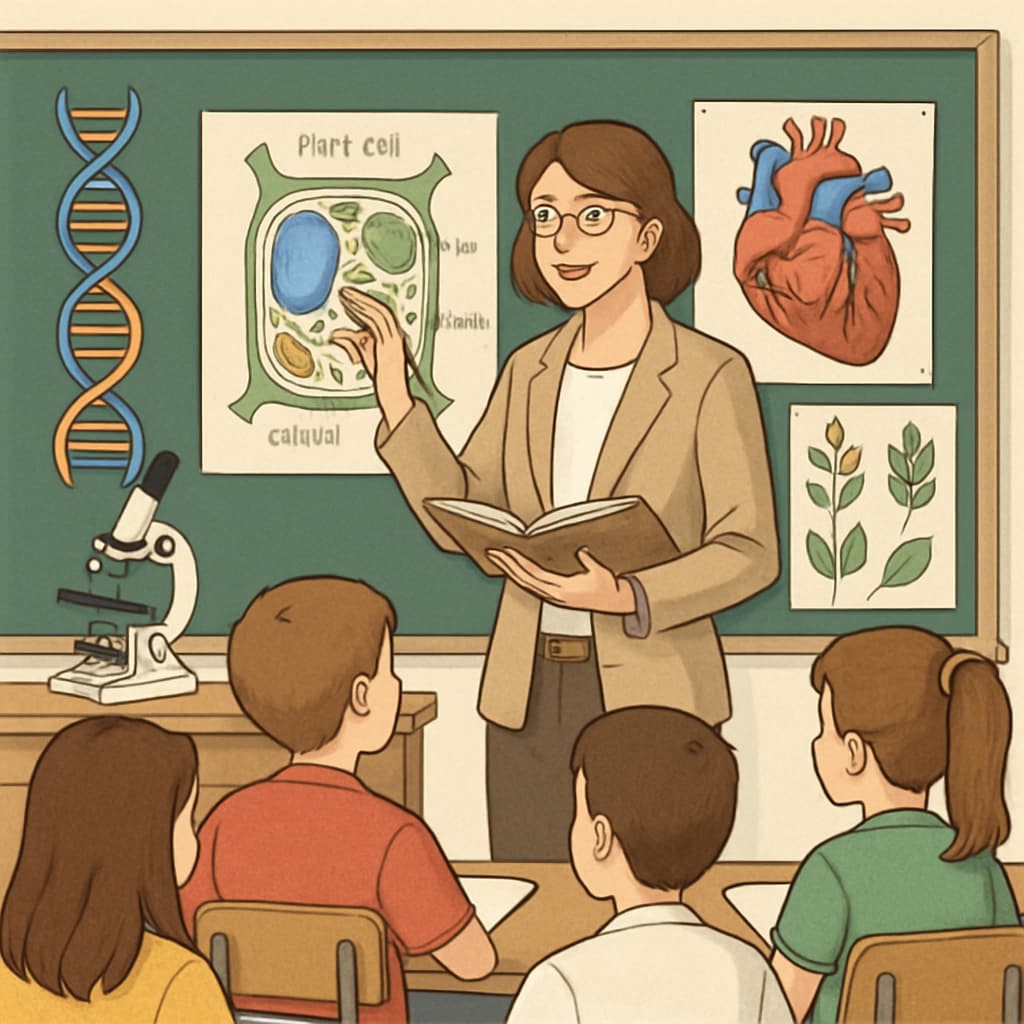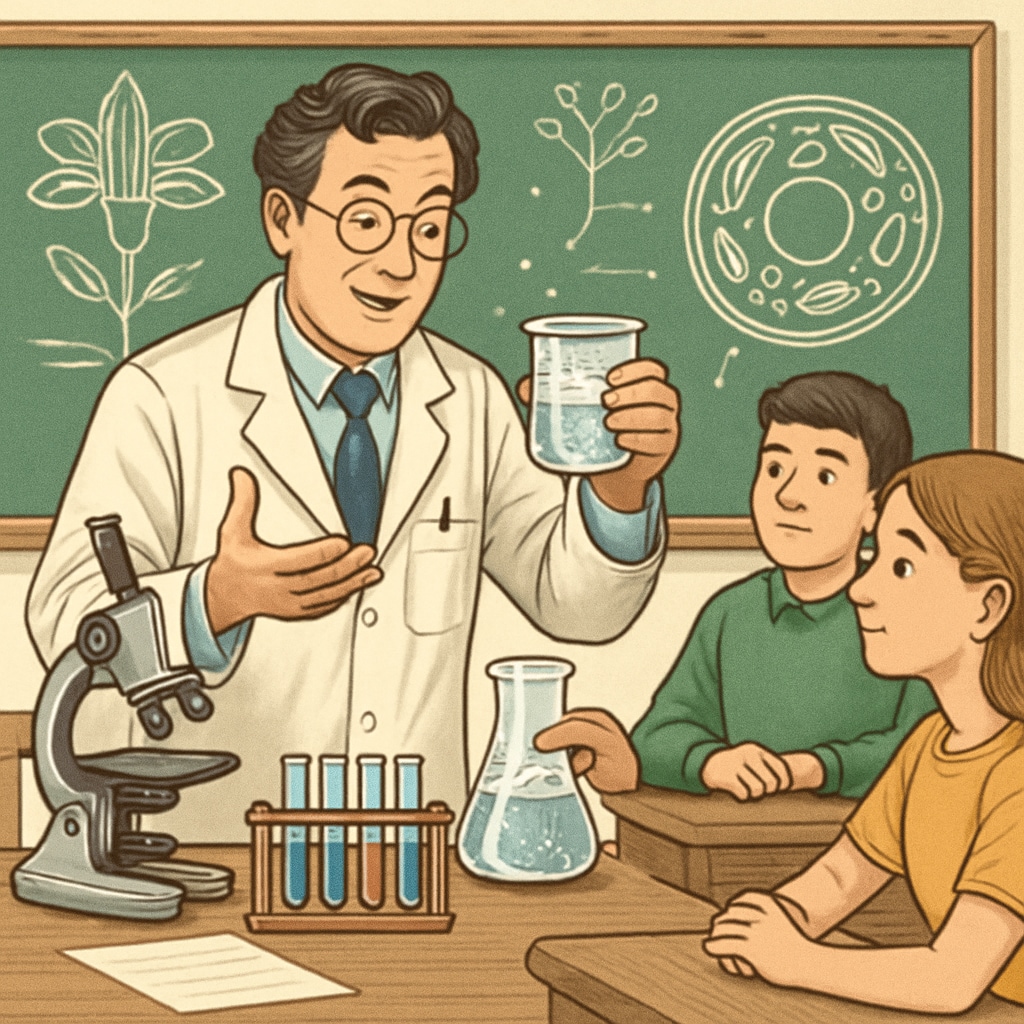Transitioning from a biology background to pursuing a master’s degree in education can be a transformative journey. For students trained in biology, the prospect of shifting into the education field may seem daunting but is increasingly feasible and valuable in bridging scientific expertise with impactful teaching. This article delves into the challenges, opportunities, and practical steps involved in this academic transformation. Whether you’re an aspiring educator or a STEM professional seeking new horizons, the path from biology labs to education classrooms offers great promise.
Why Transitioning from Biology to Education Makes Sense
There is growing demand for educators with strong STEM (Science, Technology, Engineering, and Mathematics) backgrounds in schools and universities. Biology graduates, equipped with analytical thinking, research skills, and subject expertise, have unique qualities that can enrich the education landscape. For example, their ability to explain complex biological processes can be invaluable in teaching students critical scientific concepts.
Moreover, crossing into education allows biology professionals to contribute to shaping the next generation’s scientific literacy, a crucial factor in addressing global challenges such as climate change, healthcare advancements, and environmental conservation.

Challenges in the Transition: What to Expect
Shifting from biology to an education master’s program requires adapting to a different academic culture and skill set. While biology focuses on empirical research and technical proficiency, education emphasizes pedagogy (the art of teaching), communication, and understanding diverse learning needs.
Key challenges may include:
- Developing teaching strategies tailored to varied age groups and educational levels.
- Learning educational psychology to foster effective student engagement.
- Mastering curriculum development and classroom management.
However, with dedication and the right resources, biology graduates can overcome these hurdles and thrive in their new roles.
Opportunities for Biology Graduates in Education
Transitioning into the education field opens doors to diverse careers, such as:
- Teaching: High schools and colleges often seek biology educators to lead STEM courses.
- Curriculum Development: Biology professionals can design engaging and scientifically accurate educational materials.
- Educational Research: Applying research skills to analyze and improve teaching methodologies.
- Science Communication: Educators can contribute to public outreach programs, bridging scientific knowledge with accessibility.
Furthermore, biology graduates bring credibility to their teaching roles, inspiring students with real-world applications of science.

Practical Tips for a Successful Academic Transition
To ease the transition into a master’s program in education, consider these steps:
- Assess Your Interests: Determine which aspect of education—teaching, research, or curriculum development—resonates with your career goals.
- Research Programs: Look for master’s programs that value interdisciplinary skills and offer courses in STEM education.
- Build Teaching Experience: Volunteer or work as a teaching assistant to familiarize yourself with classroom dynamics.
- Develop Communication Skills: Practice explaining complex biology topics in accessible language, which is essential for effective teaching.
- Leverage Your Strengths: Highlight your science expertise in applications and interviews, showcasing how it can benefit your future students.
In addition, networking with educators and attending workshops can provide valuable insights into the field.
Conclusion: Embracing the Crossroads of Science and Education
Transitioning from biology to an education master’s program is not only feasible but also rewarding. It allows professionals to merge their scientific knowledge with a passion for teaching, creating lasting impacts on students and society. While the journey involves adapting to new skill sets, it also offers opportunities to grow as a multidisciplinary expert. With careful planning and determination, biology graduates can confidently step into the world of education and inspire the next generation of scientists.
For further reading on STEM education and career transitions, visit STEM education on Wikipedia or education overview on Britannica.


